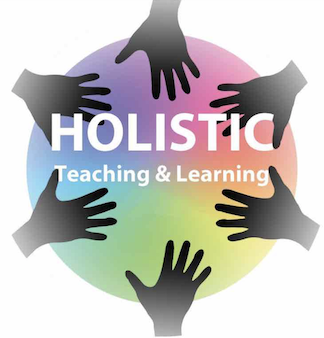Contemplation as a Quintessential Educational Project for our Times
Keywords:
contemplation, subjectivity, intersubjectivity, contemplative education, awareness, lines of development, arts-based research, contemplative writing, graduate contemplative education program, awareness journal, iChange projectAbstract
The authors mount an argument in which an etiological link is made between contemporary existential malaise and marginalization of human subjectivity/intersubjectivity and prioritization of the modernist science-driven value of objectivity. We make a case that the failure to validate the inherent value of subjectivity in education has created an imbalanced, incomplete approach to education, resulting in the tide of loneliness, anomie, and disconnection washing over so many people today, especially young people. Going beyond the etiological argument, this work then showcases an educational program that honors and centralizes the subjective and intersubjective, powered by contemplative practices. Contemplative education seeks to correct that imbalance and provides students with a balanced and grounded base from which to grow. The four legs of the stool—mind, body, spirit, and heart—are cultivated and valued as equally important parts of the whole experience of living and learning.





